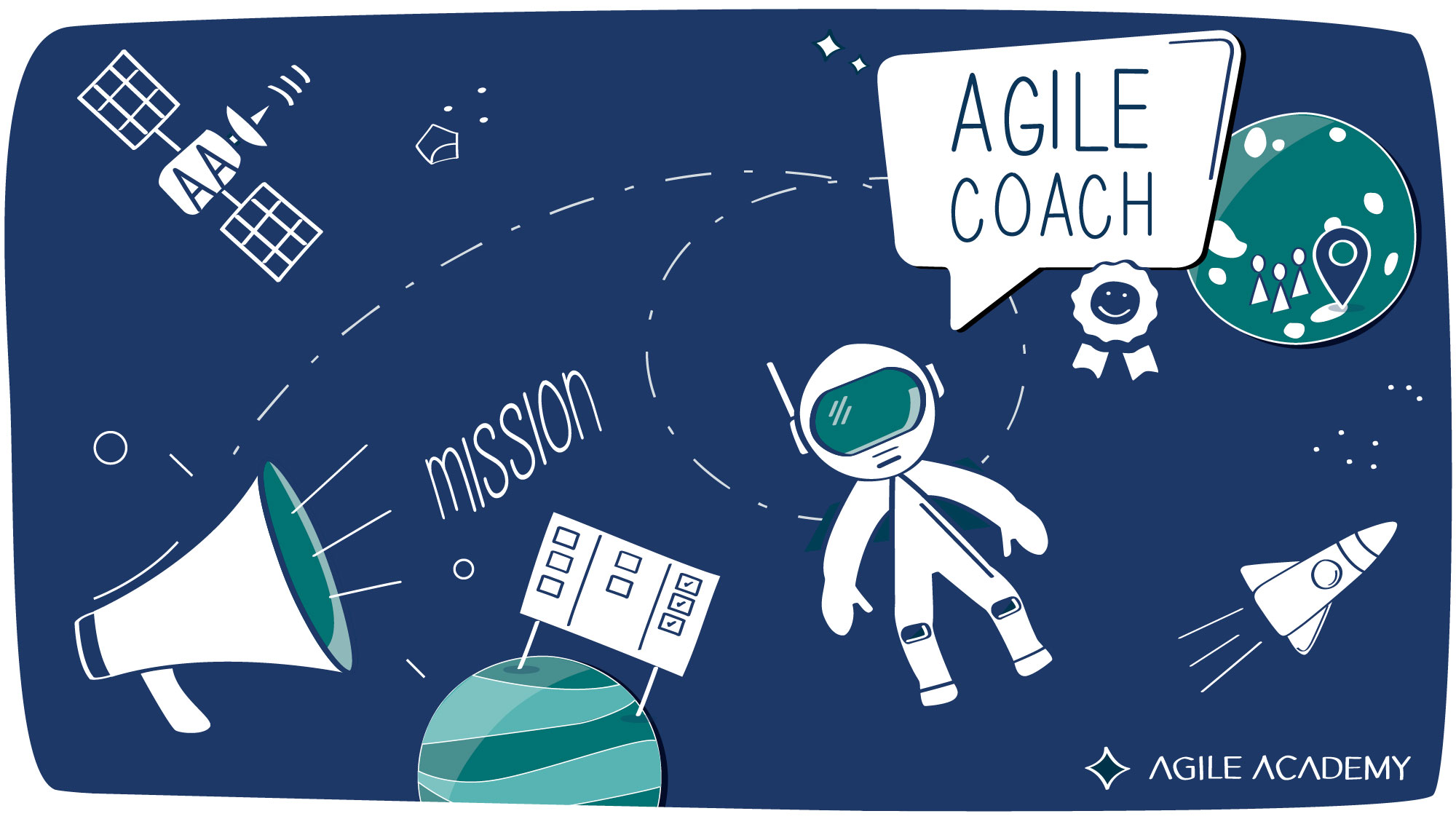As industries come to grips with rapid technological developments and shifting client assumptions, organizations deal with the obstacle of remaining pertinent and competitive. Dexterous approaches have actually come to be a foundation for achieving flexibility, effectiveness, and development. Driving this transformative journey is the Agile Coach, a professional committed to installing Agile concepts within companies to produce lasting impact.
An Agile Train's duty is transformative rather than transactional. They act as advisors, instructors, and facilitators, assisting groups and
leaders to accept the Agile mind-set. This attitude is centered on flexibility, constant discovering, and providing worth-- a departure from conventional approaches that commonly focus on rigid planning over responsiveness.
The journey to dexterity starts with a thorough understanding of the company's existing society and procedures. Agile Coaches evaluate these elements to recognize barriers to dexterity and chances for improvement. This diagnostic phase makes sure that their methods are not common yet customized to the details requirements and objectives of business.
Structure high-performing teams is a cornerstone of an Agile Train's work. They assist teams develop count on, autonomy, and accountability, allowing them to take possession of their procedures. Teams discover to prioritize tasks based upon value, adjust to feedback, and deliver outcomes that straighten with organizational goals.
Agile Coaches are likewise instrumental in cultivating cross-functional partnership. By developing a setting of visibility and shared objectives, they make it possible for teams to work cohesively, break down silos, and align their efforts with the company's calculated vision. This collective culture is critical for achieving Agile's complete possibility.
Change administration is an intrinsic component of Agile makeovers. Several employees and leaders struggle to allow go of conventional techniques and hierarchies. Agile Coaches address this resistance by supplying quality, support, and encouragement. They assist people recognize the worth of Active methods and direct them through the procedure of change with empathy and patience.
Management plays an essential role in maintaining Agile changes. Agile Coaches work carefully with leaders to assist them embrace a servant management technique, where their duty changes from guiding groups to allowing their success. This management style promotes count on, empowerment, and a common sense of function.
At the business level, Agile Coaches influence calculated positioning. They guarantee that Agile principles are reflected in decision-making processes, source appropriation, and performance metrics. By concentrating on end results instead of outcomes, they help companies focus on client value and long-lasting growth.
The impact of an Agile Train exceeds instant enhancements in group performance. They embed a society of agility that penetrates every facet of the company, from everyday procedures to long-term approach. This cultural shift ensures that the company stays resistant and versatile in the face of future obstacles.
Coming To Be an Agile Train calls for a special mix of skills. While proficiency in Agile structures is important, so is the capability to influence, communicate, and resolve conflicts. Agile Coaches need to be compassionate leaders who can browse the intricacies of human habits while driving critical goals.
The Agile Coach is a vital partner fit the future of work. By empowering groups, transforming leadership, and straightening companies with Dexterous principles, they allow companies to innovate, adjust, and excel. Their function is not almost embracing an approach-- it has to do with producing a state of mind that gas success in a constantly advancing world.
Driving this transformative journey is the
Agile Coach, a
professional devoted to embedding Agile principles within companies to produce long-term effect.
Building high-performing teams is a keystone of an Agile Coach's work. Agile Coaches job closely with leaders to help them embrace a servant management technique, where their role shifts from guiding groups to enabling their success. The impact of an Agile Coach goes beyond prompt improvements in group performance. By equipping groups, changing management, and aligning organizations with Dexterous concepts, they enable companies to introduce, adjust, and excel.
